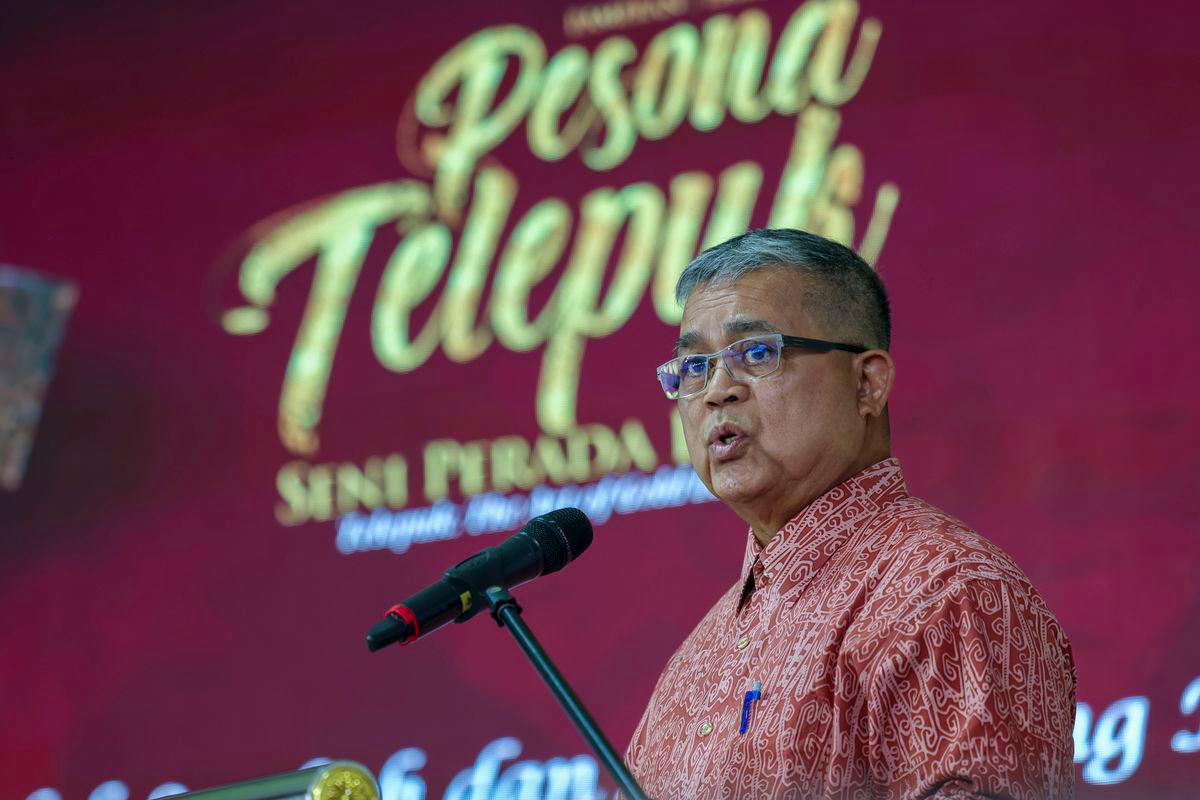KUALA LUMPUR: The role of university students as agents of social change is no longer optional but has become a strategic necessity in driving the future of national unity, said Minister of National Unity Datuk Aaron Ago Dagang.
He said they must take a stand as guardians of unity values by firmly rejecting hate rhetoric and narrow ideologies.
“Within campus spaces, they must cultivate the values of understanding, respect, and acceptance — core principles that underpin harmony in a pluralistic society.
“Univerity students should also act as community bridges, transcending racial, religious, and regional boundaries,” he said when closing the 2025 Rukun Negara Secretariat (SRN) Convention here today.
Aaron noted that in this dynamic, fast-paced and uncertain era, the challenges to unity today are far more complex than those faced by past generations.
“First, we are faced with the phenomenon of social polarisation, where communities, including youth, live within their own ‘social bubbles’. Social media algorithms reinforce existing perceptions and views, weakening opportunities for intercultural dialogue.
“As a result, the gap in understanding between races, religions and social strata continues to widen, ultimately undermining efforts to build a united and harmonious society,” he said.
He added that another challenge is the threat of extremism and narrow-minded ideologies, which infiltrate through digital channels, manipulating identity sentiments to sow hatred, reject diversity, and disrupt harmony.
In addition, Aaron said there is a loss of national orientation; where some in the younger generation view the Rukun Negara merely as outdated rhetoric rather than as guiding principles for life.
“As a result, several statistics show that youth are among the groups most affected by issues of discrimination and racism.
“According to the *State of Discrimination Survey 2023* by Architects of Diversity Malaysia, 43 percent of Gen Z youth aged 18 to 24 admitted to having experienced discrimination based on ethnicity, skin colour, or dialect — making them the most vulnerable group compared to other age brackets,” he said. - Bernama









